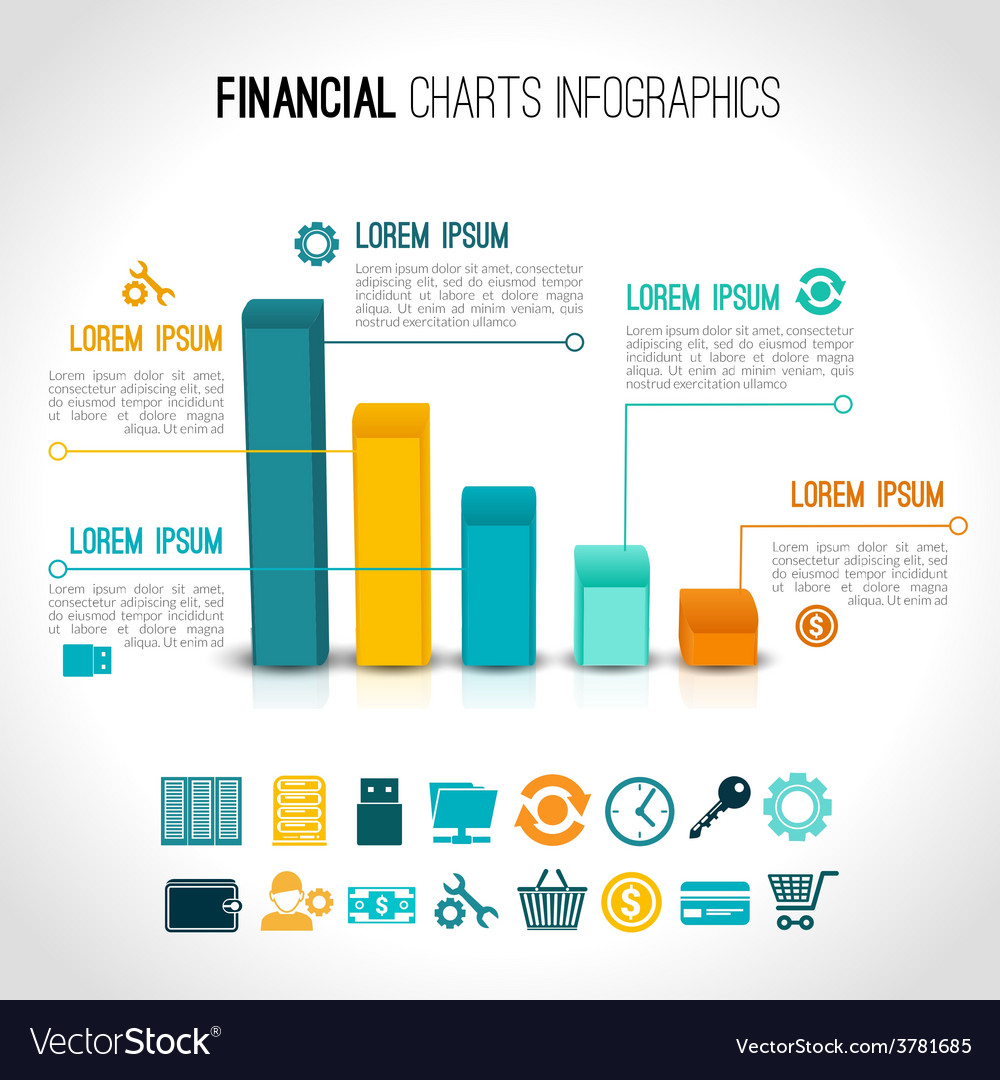Different Classifications Of Surety Bonds And Their Required Situations
Different Classifications Of Surety Bonds And Their Required Situations
Blog Article
Authored By-Benton Mccall
Are you all set to dive into the globe of Surety bonds?
Prepare to discover the usual types of Surety bonds and find when they're required.
From Perfomance bonds that make certain job completion to payment bonds that shield subcontractors and vendors, this short article will be your guide.
So, bend up and let's browse via the ins and outs of Surety bonds with each other.
Perfomance Bonds
If you're in the building and construction industry, you might require an efficiency bond to safeguard your clients. A performance bond is a kind of Surety bond that assures the completion of a task according to the terms and conditions outlined in the agreement.
It gives financial security to the obligee, usually the job owner, in case the service provider stops working to satisfy their commitments. By obtaining a performance bond, you can ensure your clients that you can finishing the project as agreed upon. Related Site helps construct trust fund and trustworthiness, giving your customers comfort that their financial investment is secured.
In addition, Perfomance bonds are commonly required by regulation or specified in contracts for public building projects, guaranteeing that taxpayers' money is utilized efficiently and properly.
Settlement Bonds
When you're working on a construction project, payment bonds can give monetary security for subcontractors and vendors. These bonds make sure that repayment is made to all parties associated with the job, even if the service provider defaults or falls short to pay.
Here are 3 crucial points to know about payment bonds:
- ** Warranties payment: ** Repayment bonds guarantee that subcontractors and distributors will certainly be paid for their work and products, even if the service provider can't meet their settlement responsibilities.
- ** Protects against investing in bonds -payment: ** With a repayment bond in place, subcontractors and vendors can have comfort knowing that they have actually a legal choice if they aren't paid for their services.
- ** Advertises reasonable repayment methods: ** Repayment bonds help advertise fair payment practices in the construction sector by making certain that everyone earns money for their job, which can help maintain favorable partnerships in between project stakeholders.
Having a settlement bond in place can be essential for subcontractors and suppliers, as it supplies an additional layer of economic protection in the event of non-payment.
Permit and License Bonds
When you get a certificate or permit for your business or occupation, a license and permit bond might be needed. This kind of bond makes sure that you'll abide by all the policies and laws related to your permit or license. It provides economic security to the government and the public by guaranteeing that you'll fulfill your commitments and obligations.
Permit and authorization bonds can be needed for numerous sectors such as construction, car dealerships, mortgage brokers, and service providers. The bond quantity is generally figured out by the federal government firm issuing the certificate or license, and it can vary depending on the type of company or profession.
It is very important to acquire a certificate and permit bond to show your dedication to running your service or career ethically and properly.
Verdict
So there you have it, a glimpse into the world of Surety bonds. Whether it's making certain the completion of a job, protecting payments, or getting licenses and permits, these bonds play an essential duty in numerous sectors.
From the confidence they instill to the protection they provide, surety bonds are an important device for companies and individuals alike.
So following time you find yourself in need of one, remember the different types and their importance. Remain bonded, and remain safe.
